Sorry
We can't seem to find the page you are looking for. It has either been moved or no longer exists.
Please try our site search, or get in touch with us at fidmarketing@harneysfiduciary.com and we will help you find what you're looking for.
Page not found
We can't seem to find the page you are looking for. It has either been moved or no longer exists.
Please try our site search, or get in touch with us at fidmarketing@harneysfiduciary.com and we will help you find what you're looking for.

